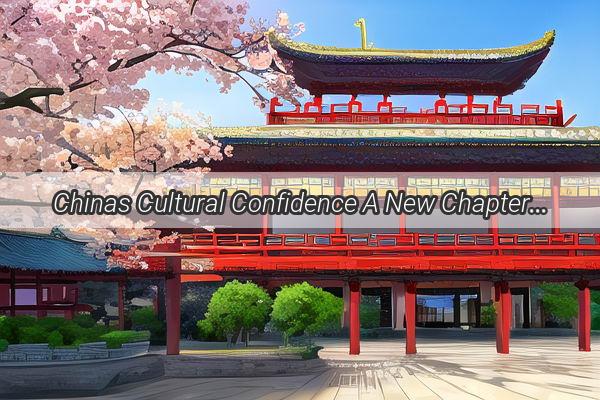Echoes of the Past Chinas Reckoning with the Legacy of Japanese Atrocities
---
In the annals of history, few conflicts have left such a deep and lasting scar on the collective consciousness as the tumultuous relationship between China and Japan. The atrocities committed by Japanese soldiers during World War II are etched into the memories of the Chinese people, a somber reminder of the human capacity for darkness. As tensions rise once again, Echoes of the Past: China's Reckoning with the Legacy of Japanese Atrocities delves into the complex emotional landscape of this relationship, exploring the delicate balance between remembrance and reconciliation.
---
The sun dipped below the horizon, casting a golden hue over the ancient streets of Nanking. The air was thick with the scent of history, a fragrance that seemed to permeate every cobblestone. It was here, in 1937, that the Japanese army descended upon the city, unleashing a wave of violence and destruction that would become a defining moment in the annals of human suffering.
The death toll from the Nanking Massacre is a figure that haunts the dreams of the Chinese people: an estimated 300,000 innocent civilians and soldiers were killed, their bodies left to rot in the streets. The Japanese military's campaign of terror was not limited to Nanking; across China, the same pattern of atrocity was repeated, leaving behind a trail of horror and despair.
Decades have passed since the end of World War II, yet the wounds of the past remain unhealed. The Chinese government has consistently honored the memory of the victims, ensuring that the events of that dark era are never forgotten. Monuments, museums, and memorials stand as a testament to the suffering, with visitors from around the world coming to pay their respects.
In recent years, however, a new wave of tensions has emerged between China and Japan. Economic competition, territorial disputes, and historical revisionism have all contributed to a rise in animosity. The Japanese government's handling of history has been a particularly thorny issue, with some political figures downplaying the severity of the war crimes committed.
For many Chinese citizens, the memory of the Japanese atrocities is a source of deep pain and resentment. It is a narrative that has been passed down through generations, a story of bravery, sacrifice, and the indomitable spirit of the human race in the face of unimaginable cruelty.

Amidst this backdrop of historical animosity, there are those who argue for reconciliation, emphasizing the importance of moving forward and learning from the past. They point to the growing economic ties between the two nations, a testament to the potential for cooperation and mutual benefit.
Yet, for many Chinese, the wounds of the past are too deep to be easily healed. The sight of Japanese Prime Ministers visiting the Yasukuni Shrine, a place where war criminals are enshrined, stirs up old wounds and reignites old tensions. It is a symbol of the failure to fully acknowledge and atone for the past, a reminder that history can be a double-edged sword, capable of both uniting and dividing nations.
In the heart of China, there is a growing movement to preserve the memory of the victims and to ensure that the lessons of history are not forgotten. Schools incorporate the history of the Japanese occupation into their curricula, museums display exhibits that document the atrocities, and filmmakers produce documentaries that bring the stories of the survivors to light.
The struggle for remembrance is not just a fight against historical amnesia; it is also a battle for the soul of a nation. For the Chinese, it is a reminder of the fragility of peace and the importance of standing up for justice. It is a testament to the enduring power of the human spirit, even in the face of overwhelming adversity.
As the world watches the unfolding drama between China and Japan, one cannot help but wonder: can the echoes of the past be hushed, or will they continue to resonate, shaping the future of these two Asian giants? The answer lies not just in the words of leaders and the policies of governments, but in the hearts and minds of the people. For in the end, it is the collective memory and the collective will that will determine the course of history.
In Echoes of the Past: China's Reckoning with the Legacy of Japanese Atrocities, we explore this complex interplay of history, memory, and identity, offering a window into the emotional landscape of a nation still healing from the scars of war.









